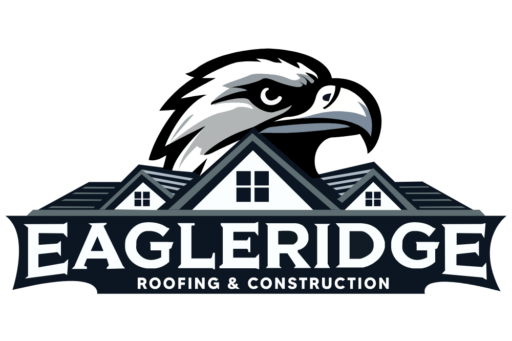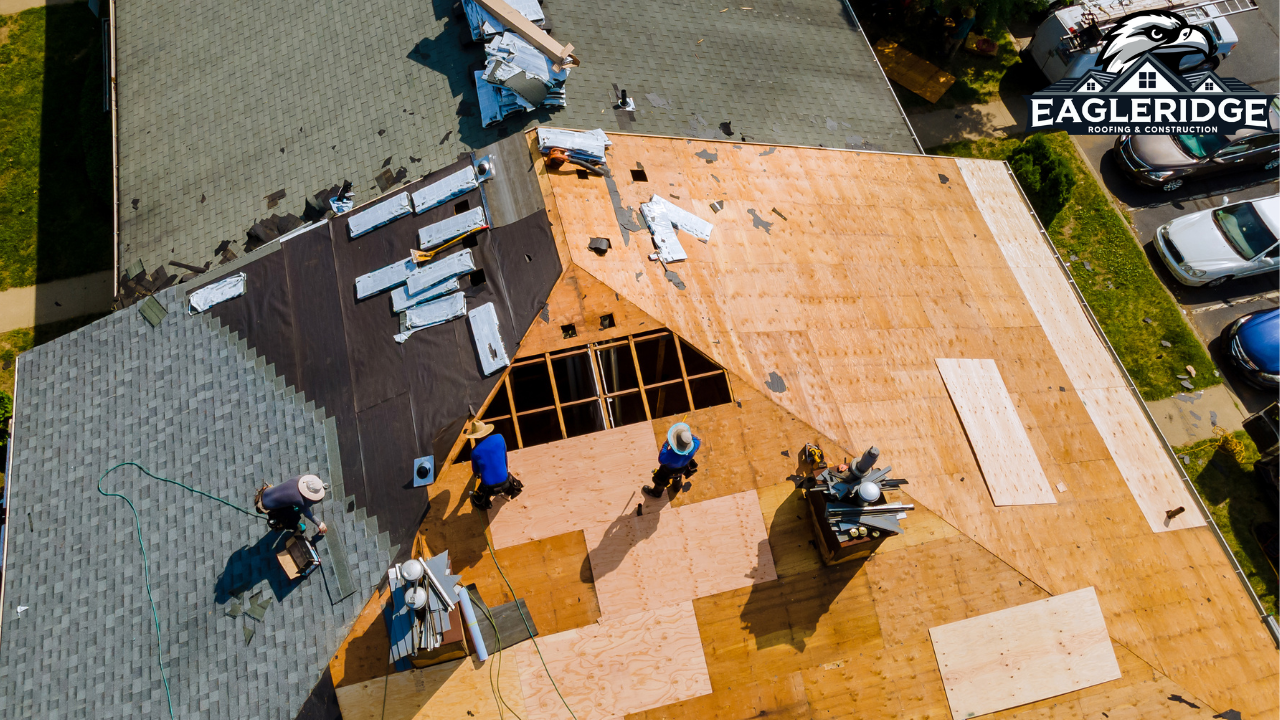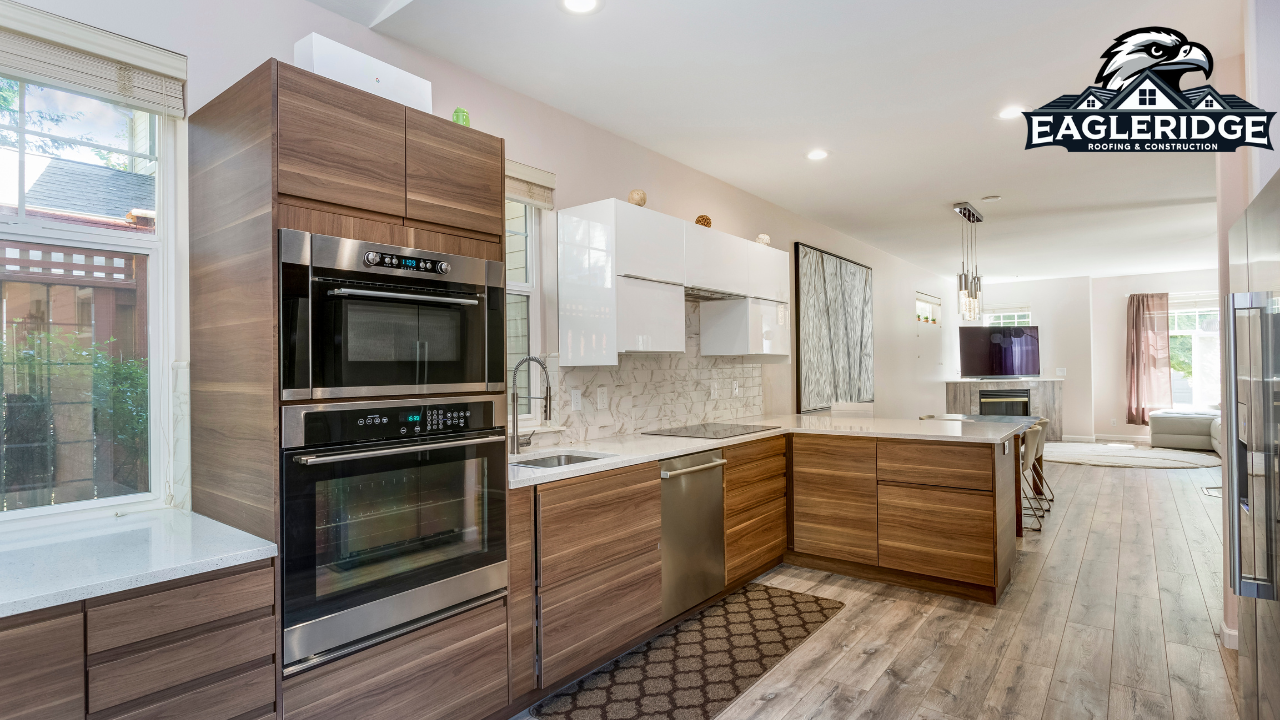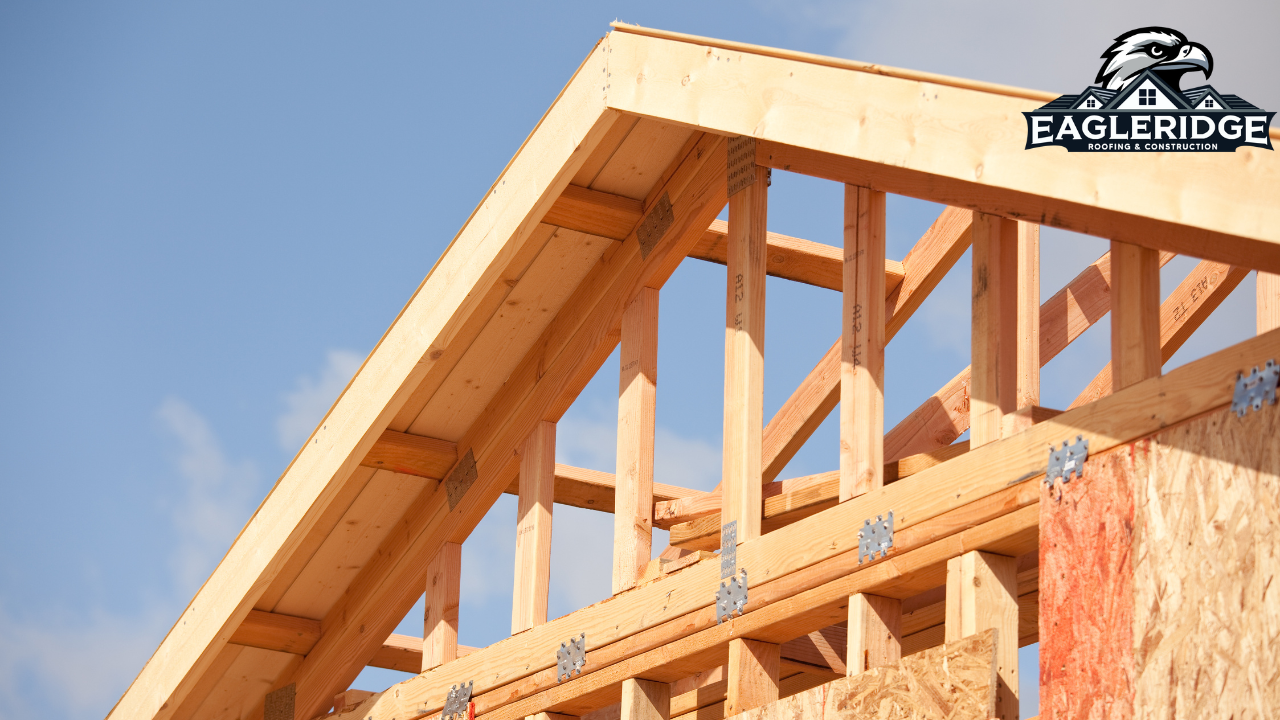When it comes to selecting the best flooring for a concrete basement, I always reflect on the unique challenges this space presents, such as moisture, low light, and temperature variations. Luxury vinyl flooring and ceramic or porcelain tiles stand out for their waterproof surfaces and ease of maintenance, making them ideal for basement environments. However, if you're looking for a more industrial or seamless finish, epoxy coatings are a great option. As you weigh these choices, it's essential to acknowledge your specific needs and preferences. Do you prioritize durability, aesthetic appeal, or perhaps a warmer feel? The right choice can transform your basement into a functional and inviting space, but there's more to evaluate before making your decision.
TLDR
- Luxury Vinyl Flooring (LVP/LVT): Highly water-resistant, durable, and easy to install over concrete, mimicking hardwood or stone aesthetics with minimal maintenance.
- Ceramic or Porcelain Tile: Creates a waterproof surface, impervious to moisture, and is available in various designs; ideal for basement floors with high moisture exposure[3][5|.
- Epoxy Paint: Provides a seamless, durable surface that resists moisture and mold growth, with a sleek finish and easy cleaning and maintenance[5|.
- Vinyl Sheet Flooring: Waterproof, versatile, and affordable, with fewer seams to prevent water infiltration, making it suitable for concrete basement floors[4][5|.
- Raised Subfloor System: Offers superior moisture protection by creating a ventilated air gap between the floor and subfloor, preventing moisture from reaching the living space[5|.
Moisture-Resistant Flooring Options
When it comes to selecting the best flooring for a concrete basement, moisture-resistant options are paramount to guarantee the longevity and functionality of the space.
One of the top choices is luxury vinyl flooring, which is highly water-resistant and durable. It comes in various styles, including luxury vinyl plank (LVP) and luxury vinyl tile (LVT), and can mimic the look of hardwood or stone without the risk of water damage[3][5].
Another excellent option is ceramic or porcelain tile, which creates a waterproof surface and prevents water damage. These tiles are impervious to moisture and can be installed with a vapor barrier to ascertain the basement floor stays dry[1][2].
Epoxy paint is also a robust solution, creating a seamless and durable surface that resists moisture and mold growth. It's easy to clean and maintain, providing a sleek finish to concrete floors[1][2].
Additionally, sealed concrete floors can be transformed into a waterproof barrier with the proper application of a sealant, offering versatility in design and minimal upkeep[1][5].
Durability and Maintenance
Durability and maintenance are vital aspects to assess when selecting the best flooring for your concrete basement.
Durability
Concrete flooring itself is highly durable and can last for several decades when properly maintained. Here are some key points to take into account:
| Flooring Type | Durability | Maintenance |
|---|---|---|
| Concrete | High, resistant to heavy loads and impacts[1][3][4] | Regular cleaning, periodic sealing every 1-3 years[1][3][4] |
| Epoxy Coating | Enhances durability, resistant to cracks and moisture[3][5] | Easy to clean with mild soap and water, occasional deep cleaning[3][5] |
| Vinyl Flooring | Less durable than concrete or epoxy, but still robust[5] | Simple cleaning with mild soap and water, less frequent sealing[5] |
Maintenance
Proper maintenance is essential to extend the lifespan of your basement flooring. This includes regular cleaning, sealing, and addressing any cracks or chips promptly.
Regular vacuuming and mopping, along with the application of an appropriate sealer, can protect your floor from damage and make maintenance easier[1][3][4]. For coated floors, avoiding harsh chemicals and performing routine inspections can help maintain the floor's condition[2][3].
Ease of Installation Considerations
After ensuring your basement flooring is durable and well-maintained, the next step is to examine the ease of installation.
When it comes to installing flooring over a concrete basement, some options stand out for their simplicity and speed.
Vinyl flooring, for instance, is highly versatile and easy to install. It can be laid directly over a level concrete slab with minimal prep work, and it comes in various forms such as planks, tiles, or sheets[1][3][5].
Engineered hardwood and laminate flooring also offer relatively easy installation. Engineered hardwood can be installed over a level concrete substrate, while laminate flooring can float over the slab, hiding any uneven surfaces[1][4][5].
Polyaspartic flooring is another contender, known for its fast-curing properties and minimal downtime, making it a quick and efficient option for basement flooring[2].
Aesthetic and Design Choices
Choosing the right aesthetic and design for your basement flooring is essential to create a space that reflects your personal style and enhances the overall ambiance.
For a modern and minimalist look, consider light-colored tiles that mimic the appearance of hardwood, such as gray wood-look tiles, which offer durability and a polished finish[1].
If you prefer an industrial vibe, painted concrete or polished concrete with wood accents can be ideal. Polished concrete can also be combined with marble accents for a luxurious feel[1][2].
For a more rustic or unique look, concrete staining is an option, allowing the color to penetrate the concrete for a rich, earthy tone.
Additionally, epoxy coatings, ceramic tiles, and slate can provide diverse aesthetic choices, each offering durability and specific design benefits[2][3][5].
Specialized Basement Flooring Solutions**
When it comes to basement flooring, specialized solutions are often necessary to combat the unique challenges of a below-grade environment. One standout option is polyaspartic flooring, which offers exceptional moisture resistance, durability, and ease of installation.
It creates a seamless, watertight barrier that prevents moisture-related issues like mold and mildew, making it ideal for basements prone to dampness[3].
Epoxy flooring is another specialized solution that seals and protects the concrete surface from water damage. It's applied like paint and can be mixed with fine sand or plastic flakes for a unique finish, making it durable and easy to clean[2][5].
Luxury vinyl plank (LVP) flooring is also highly effective, being waterproof, mold-resistant, and durable. It mimics the look of hardwood or stone and is easy to install and maintain[1][2][5].



